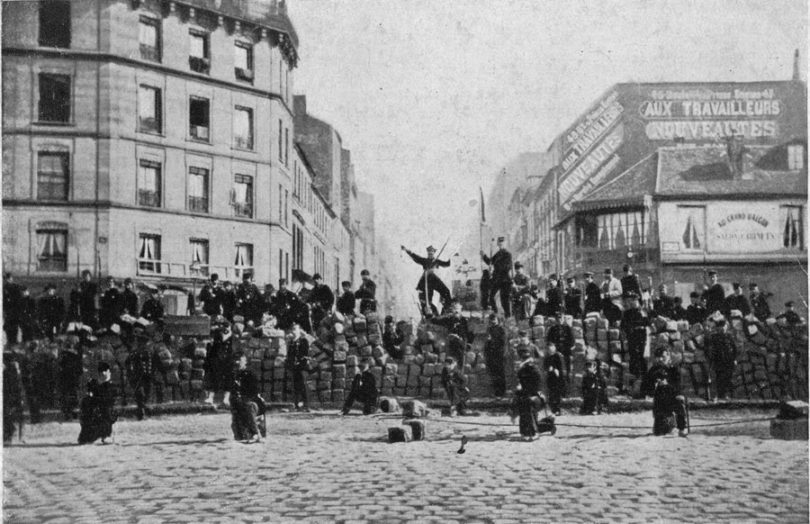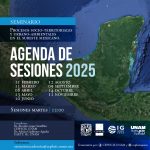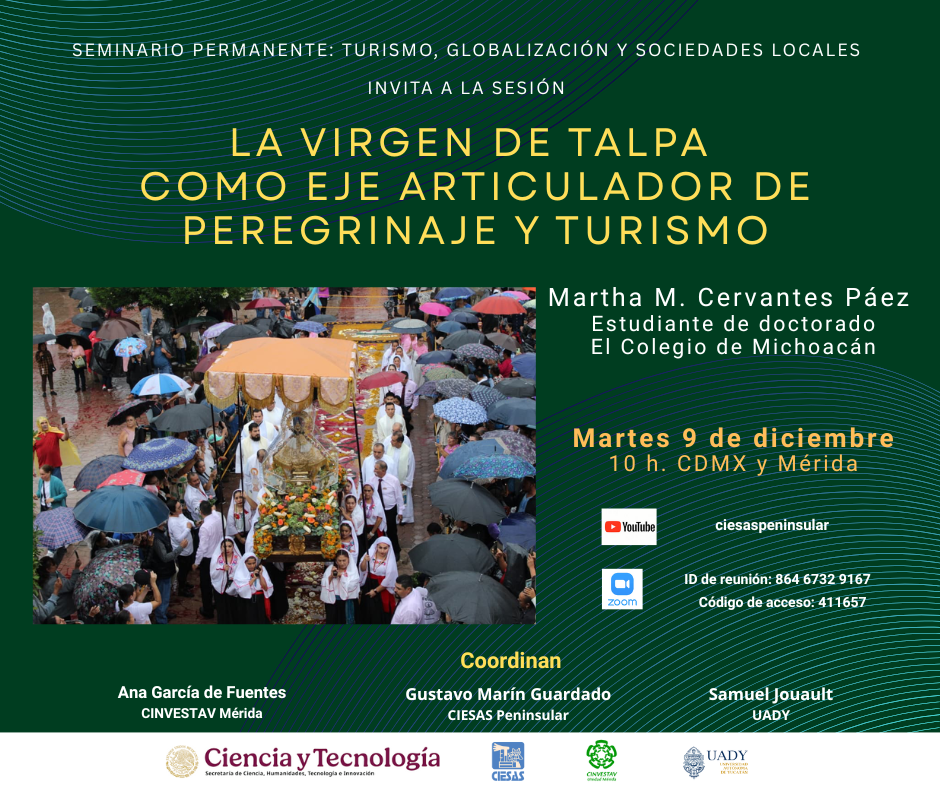Radical Democratic Citizenship
This conference on radical democratic citizenship marks the 50th anniversary of the global wave of protests in 1968, when people occupied workplaces and public spaces, collectively demanding changes in policies and calling for a shift in politics. Movements aimed variously to resist regimes deemed authoritarian and imperialist, fight economic and political elites, dismantle the exploitative forces of capitalism, challenge norms around the role of women and sexuality, and tackle racism and gender discrimination. Despite the differences among them, they shared a “radical approach to citizenship” in that they sought to open spaces for political action beyond the narrow margins set by states as well as, outside the Soviet Bloc, challenging the subordination of states to the interests of the market.
Furthermore, and echoing the Latin term radix (roots), their citizenship was radical in that activists looked to highlight viable alternatives to the status quo, across the economic, political, and social spheres, demonstrating that these alternatives could be generated by grassroots movements far removed from elite circles. “Radical” thus indicates firstly the pursuit of fundamental change or transformation of the economic and political landscape that, secondly, can be effected from the bottom-up (grass roots), and, thirdly, in a radical democratic manner.
Today, faced not only by ever-deepening inequality but also by the prospect of environmental disaster, the demand for radical change is as pressing as in 1968. Electoral democracy has been rolled out worldwide but with deficiencies ever more painfully apparent, while capitalism has if anything extended its hold over political and social institutions, turning citizenship into a form of consumption and even a commodity for investment and trade (“Citizenship by Investment”).
In response to the host of challenges, grassroots activists are charting a fresh wave of radical democratic citizenship across the world. Obvious examples are the Democratic Federation of Northern Syria (Rojava), the Jackson Co-operative, recuperated firms, De-Growth, eco-villages, Anti-University, Co-operative College, Occupy, Black Lives Matter, and Standing Rock. Many such movements are effecting radical and seemingly sustainable changes.
We call for contributions on any aspect of radical democratic citizenship, understood as grassroots political practice, whether past or present, and whether empirical, theoretical or performative. To include as wide a range as possible of perspectives,we encourage contributions from non-academics as well as academics from all disciplines and fields. We also welcome different formats of contributions, ranging from traditional conference papers and posters to workshops organised by participants and performances.
To include as wide a range as possible of perspectives, we encourage contributions from non-academics as well as academics from all disciplines and fields.
Visiting Speakers include Professor Engin Isin, and independent researchers Dr. Lara Monticelli and Dr. Hanifi Baris. Other visiting speakers will be announced.
For submissions and enquiries, please contact the conference team at radicalcitizenship2018@gmail.com
Organisation:
There is no registration fee. The conference organisers will provide refreshments during the conference program. Participants are kindly requested to make their own accommodation and travel arrangements.
The conference is hosted by the Centre for Citizenship, Civil Society and Rule of Law (CISRUL), University of Aberdeen with kind support of the Citizens Nations and Migration Network (CNAM) of the University of Edinburgh.
Abstracts
DEADLINE: 30 April 2018
Please, submit the abstract to radicalcitizenship2018@gmail.com with your name and the title of your contribution in the subject line of your email. The complete application should be submitted in .doc or .docx format.
- Conventional / paper presentation: maximum 200 words, plus the title of the presentation, author, affiliation / profession, and contact email.
- Poster presentation: maximum 200 words, plus the title of the presentation, author, affiliation / profession, and contact email.
- Workshops: title and abstract 150-200 words; if the workshop is meant to feature individual presentations, please include a title and abstract of 150 words for each, plus name of presenter and affiliation; workshops can also be run in a non-academic fashion as long as the discussions pertain to the theme of the conference
- Performance: 300-500 words description of your performance and its aims; plus name of performers and affiliation
We will inform proposers of successful applications by 31 May 2018.
We are looking forward to welcoming you to Aberdeen.
Andreas Zaunseder, Dikaia Gavala, the Organising Team of CISRUL, and CNAM
University of Aberdeen
We would like to dedicate this conference in solidarity to the people living in the Democratic Federation of Northern Syria (Rojava) who are, in the time of writing this call for submissions, under severe military attack led by the Turkish government.
Te puede interesar
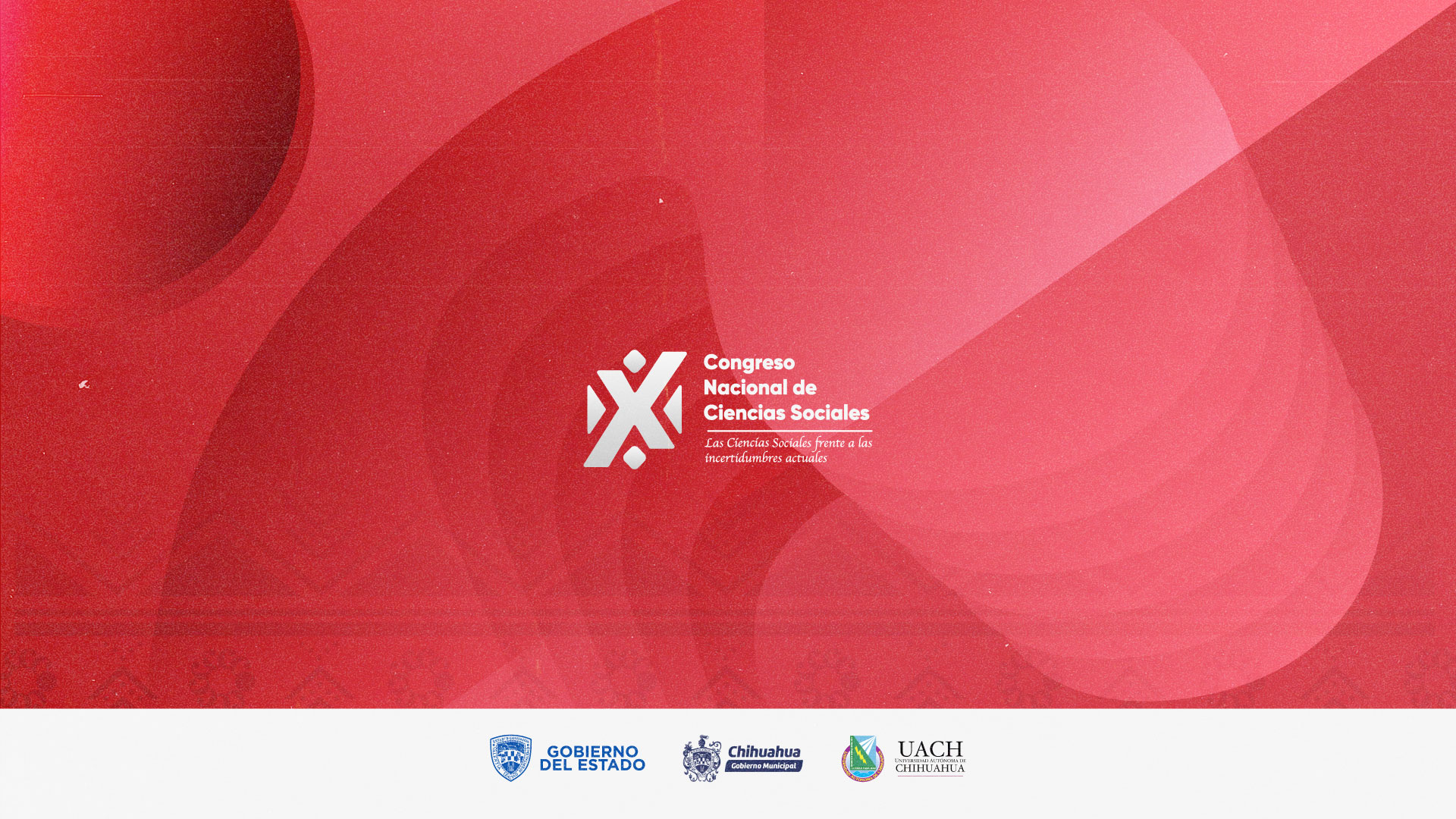
Convocatoria para presentación de libros
Laura Gutiérrez - Dic 10, 2025FERIA DEL LIBRO X CONGRESO NACIONAL DE CIENCIAS SOCIALES “Las Ciencias Sociales frente a las incertidumbres actuales” INVITACIÓN PRESENTACIÓN DE…

Convocatoria Feria del libro
Laura Gutiérrez - Dic 03, 2025FERIA DEL LIBRO X CONGRESO NACIONAL DE CIENCIAS SOCIALES “Las Ciencias Sociales frente a las incertidumbres actuales” INVITACIÓN Información general…

Memorias del IX Congreso Nacional de Ciencias Sociales
Roberto Holguín Carrillo - Jul 02, 2025IX Congreso Nacional de Ciencias Sociales Las ciencias sociales y los retos para la democracia mexicana. Realizado en el Instituto…
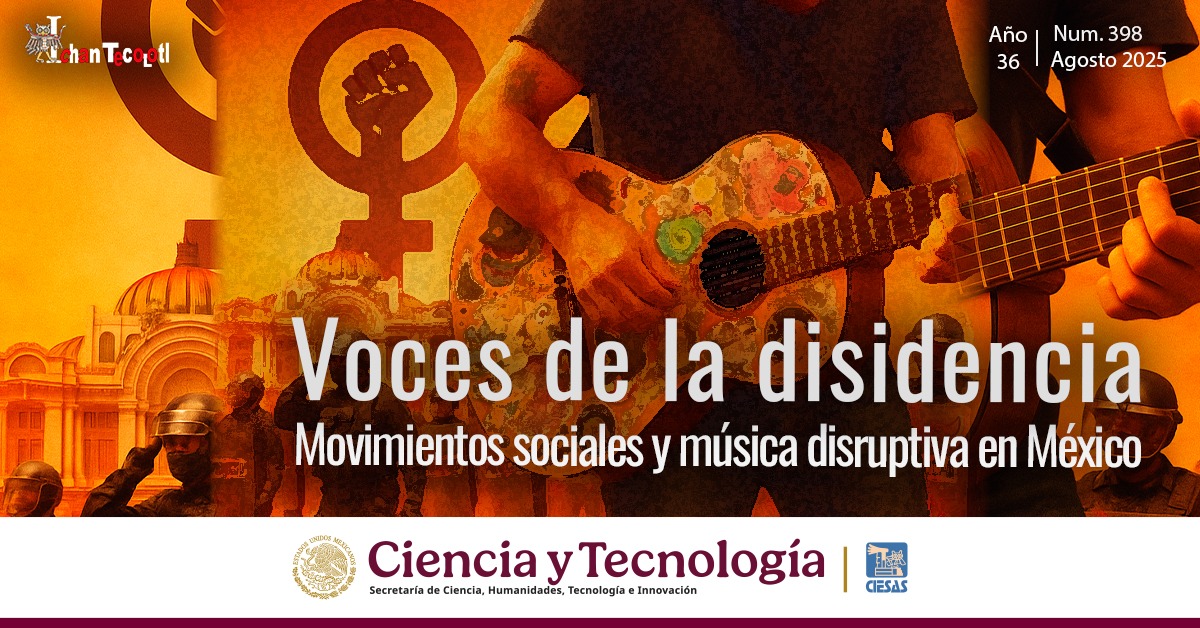
Ichan Tecolotl, núm. 398
Laura Gutiérrez - Dic 10, 2025Ichan Tecolotl Año 36, Número 398 (agosto 2025) Voces de la disidencia. Movimientos sociales y música disruptiva en México Ver…
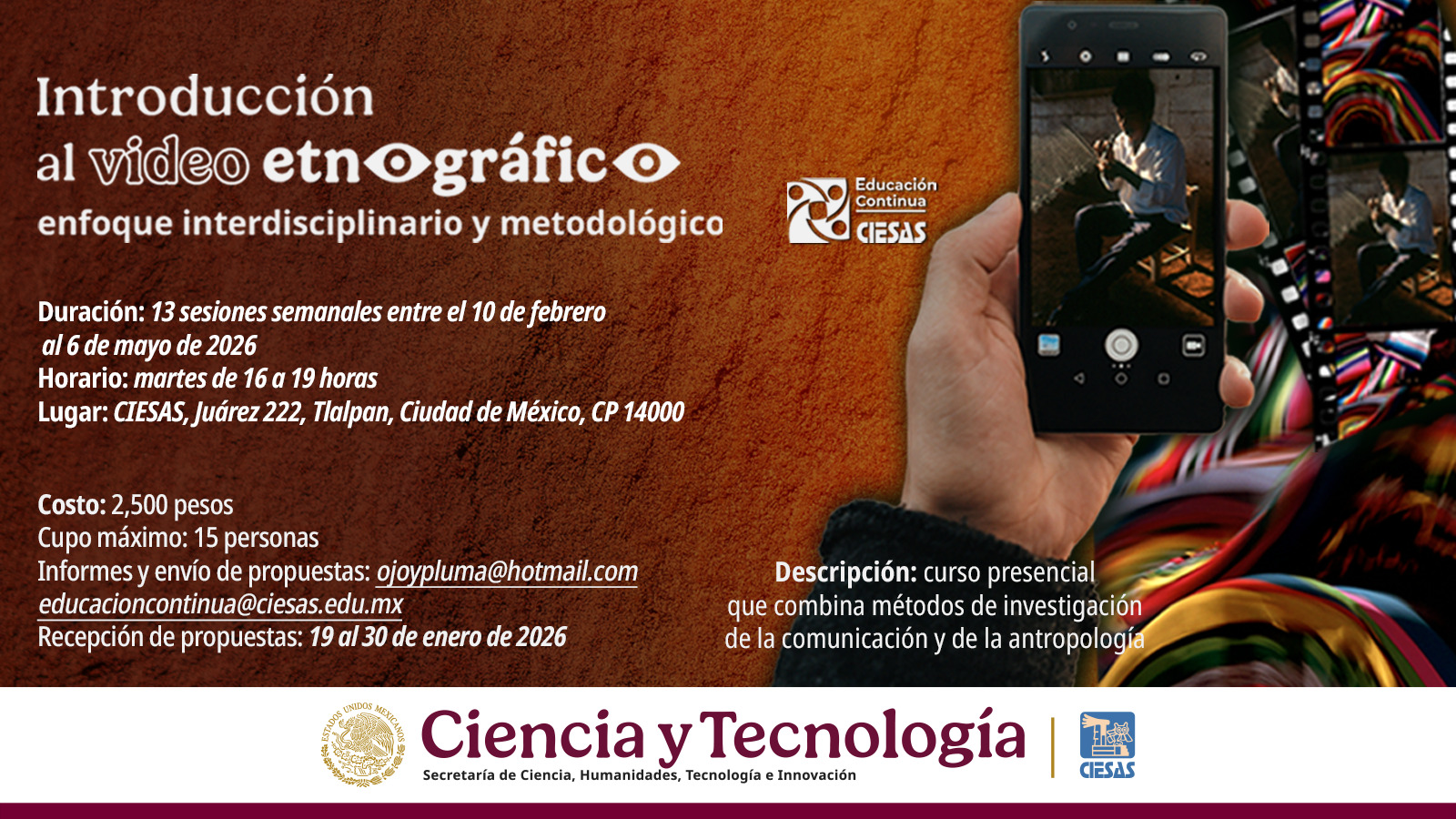
Curso Introducción al video etnográfico
Laura Gutiérrez - Dic 10, 2025Curso Introducción al video etnográfico 1. Objetivo Familiarizar a estudiantes o profesionales de la antropología y disciplinas afines con herramientas…
